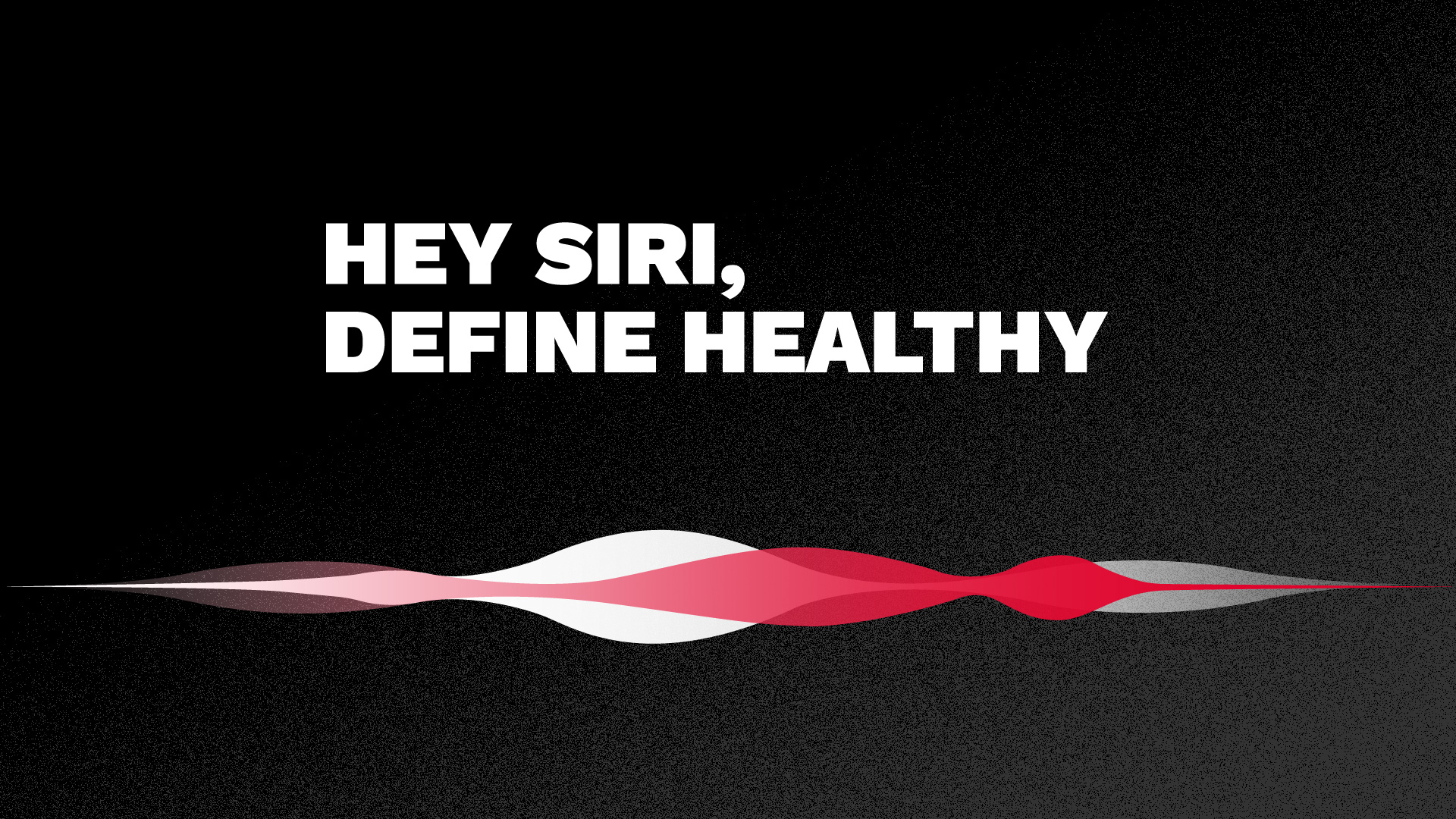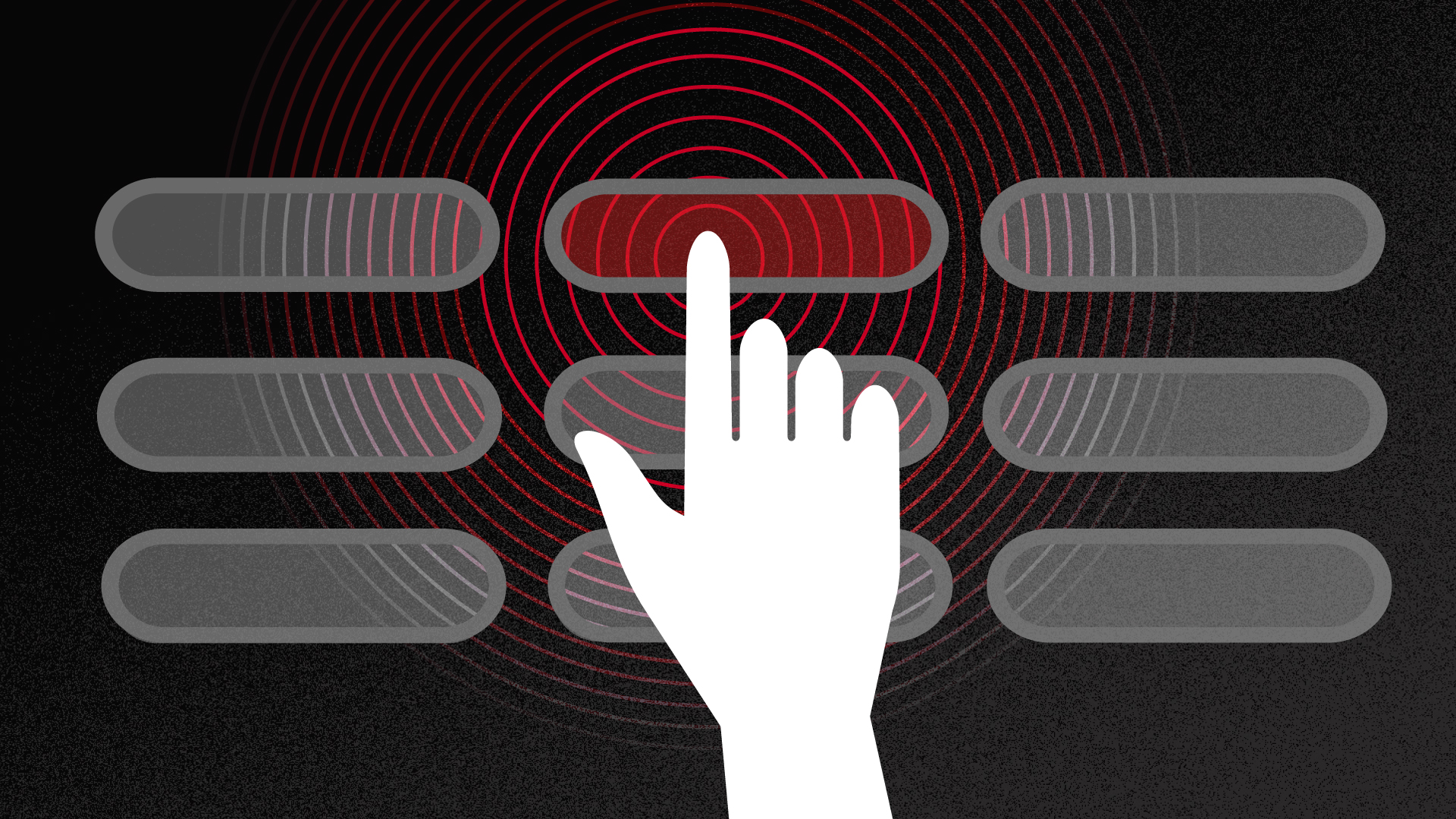
Stop for a moment. Do you notice your breathing? It’s a unique biological function because you can control your breath, but your body will also involuntarily take one regardless of what your mind decides. By slowing down our thoughts, we can appreciate these intricate details of our lives.
And if you’re still with me, you just took a small step forward in improving your mental health.
Mental health is a commonly used phrase, but many of us shrug off the concept, believing our stress isn’t “bad enough” to seek help or that “self-care” is for those who have time to indulge. But with behavioral health crises continuously on the rise, what if we made daily changes to redefine our mental health as… well, health?
We’re busy professionals navigating our post-pandemic world. Here are a few proven tips for making mental health a more conscious practice:
1. Break up with your screens. You need space.
Allow me to set the scene: Your alarm goes off first thing in the morning. You check your phone as soon as you wake up, maybe turn on the TV while you’re getting ready, then hop right into emails and work. You spend the full workday on video calls or working on projects, finally logging off… only to turn the TV back on or checking the latest and greatest updates on social media.
“But Lauren, I take breaks during the day!” you might tell me. That’s great. Do those breaks include mindlessly scrolling through social media? Catching an episode of your favorite show over lunch? Texting friends, family, clients, coworkers?
When we constantly infiltrate our minds with information, we rob ourselves the gift of capacity. With the world so easily at our fingertips, we rarely experience silence or stillness. Research shows that too much outside information without a break can cause stress to the prefrontal cortex of your brain, reducing decision-making, problem-solving, and creative solutions.
“Thoughts emerge from the nothingness of silence. Words come out of the void. Your very essence emerged from emptiness. All creativity requires some stillness.” —Wayne Dyer
There is a lot we can’t turn off during the day, so prioritize taking a break from your screens when you can. I promise you — that Netflix show and your cousin’s sister’s aunt’s dog’s Instagram story will still be there when you return.
2. Redefine what self-care means to you.
In my journey to redefine “healthy,” I’ve also had to redefine “self-care.” Culturally, we’ve bought into a dangerous idea that self-care is a luxury rather than a necessary part of daily routine.
People often hear me rant, self-care is more than red wine and a bubble bath! Instead, think of self-care as stewarding your health well. It’s a vital act impacting everything from our job performance, problem-solving, and our families, to our happiness, creativity, and our overall wellbeing.
You might ask, what do these revolutionary ideas of self-care look like? It could be anything from preparing nutrient-rich lunches instead of ordering takeout every day, to cutting out coffee after lunch to improve your quality of sleep.
For me, self-care also means incorporating “non-time” into my schedule, in between meetings or after a full day working from home. It’s a practice my mind desperately needs to make room for creativity. By taking a break from constant productivity and letting myself “get bored,” I’m able to discover creative expressions that help lead to a more balanced well-being.
3. Remind yourself: “I am not alone.”
We live in an over-sharing world. From snapshots of people’s “first time dining out since COVID!”, to monthly images cataloging babies’ growth, people aren’t afraid to share glimpses of their personal lives online.
So, why are so averse to sharing how we’re actually doing in real life? It’s another dangerous idea, that we must grin and bear whatever weight we’re carrying, expecting ourselves to do it alone.
Whenever our team works through a new campaign concept, story idea, or helping our clients navigate any sort of challenge, we work through it together. There is time for independent thinking, which is still important. But rarely do we try solving problems alone. By working together, we lean into each other’s creative thinking and drive stronger solutions — benefitting our development personally just as much as professionally.
Our lives, and our health, is no different. Whatever we may be navigating, it’s important to unmask ourselves (no double entendre intended), dig into what stressors are weighing us down, and utilize resources available to help.
Redefining health is a creative journey that begins with each one of us — taking small steps every day that ladder up to create real change.


